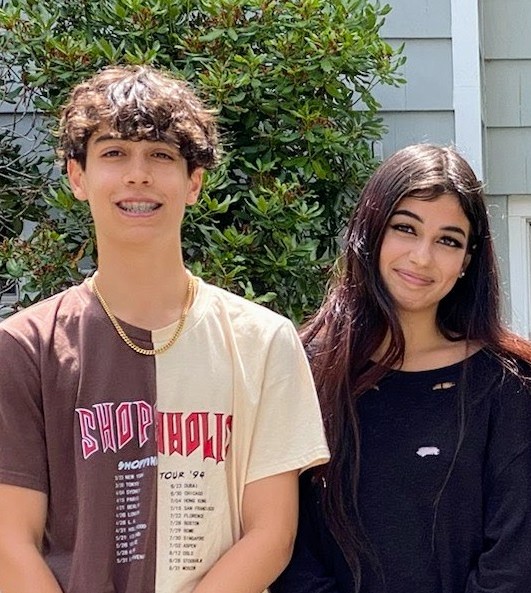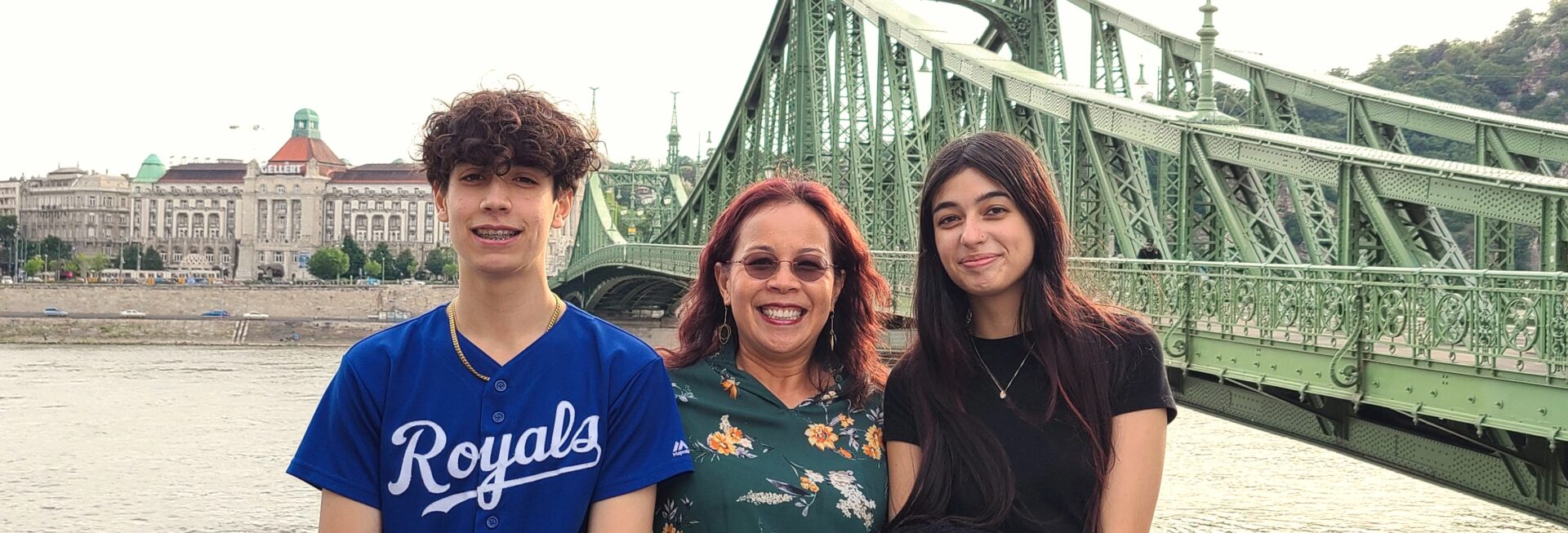I heard a great phrase today: falling back together after your world falls apart. This is how I have spent the last two years since losing my 19-year-old daughter Jenny to fentanyl poisoning. I did not want to join the club of grieving parents, but on July 24, 2022, I was made a member. Losing my daughter unexpectedly reminded me of a similar experience I had in my younger years.
When I was 27, I lost my grandmother unexpectedly to a heart attack. We were exceptionally close, and I lived with her through my undergraduate and PhD years. Without my grandparent’s housing and food, I would not have afforded a college education. It took me nearly a decade to move on from that loss. But when I lost Jenny unexpectedly, I couldn’t fathom the way forward. I’ve heard it said that when mothers give birth, it’s like a piece of her body and being becomes detached and now runs around outside of her with an independent mind and spirit. When I lost Jenny, a part of me also died.
Processing grief in isolation
When I lost my grandmother, I was a junior faculty member at MIT’s Sloan School of Management. I was living alone in Cambridge and under enormous pressure to teach and publish. It was a stressful time, and I processed my grief in isolation. I didn’t see the value in letting anyone know of my loss or verbalizing how it made me feel. I wasn’t comfortable being vulnerable with others, particularly strangers.
It never crossed my mind to join a support group or see a therapist, or to even read a book about the nature of grief. When you lose someone unexpectedly, there are regrets about what should have been said or not said, what should have been done or not done. Looking back, I see how carrying the grief alone narrowed my view of everything good around me. It sapped my energy and left me feeling extremely vulnerable. I withdrew from many close relationships, including family members. I thought I’d never forgive myself and move forward.
Choosing a different way
When Jenny passed away, I vowed to not handle my grief the same way. Of course, there are the same regrets about things said and left undone. Losing a loved one unexpectedly shatters your world with an inconceivable depth. I met with colleagues and friends who had also lost a child or sibling to a drug overdose. I joined GriefShare and learned about the nature of grief. I joined The Compassionate Friends, a support group for parents who had lost a child. And I leaned on family and close friends. My church offered a grief mentor, who I met with on a regular basis. All of these were a medley of efforts that kept my head above water and helped me get through each day.
And while I have not lost a sibling, I have tried to understand my younger son Alex’s experience, but without justice, I’m sure. He was with me when we learned that Jenny had died and he heard my screams. He has said that he never wants to hear a sound like that ever again.

My son Alex and I are building new traditions since the death of Jenny (pictured above).
When you have two children, you expect that they will be there for each other when the parents have passed away. You never expect that one would be left stranded without the other before you have passed away. He and I have varied our holiday traditions, sometimes spending it with family and friends and incorporating opportunities to remember Jenny. We reminisce and reflect together and miss her when we travel to new places that we know she would have loved.
Finding solace in a colleague
Six months after Jenny’s death, a friend of mine on the faculty lost her son to suicide. Prior to their deaths, we had gotten to know each other and discovered that we had much in common. We were minority single moms striving to succeed in our academic careers. We had two children and the older one was struggling with mental health. We were raised in households with similar backgrounds and family values. And we were both caught by surprise by our children’s deaths.
We were prepared for the long haul of supporting them through what we thought was just a down period in their lives and we fully expected to see them come through the other side of it. We never doubted that they could or that they would. And when they didn’t, we were left reeling. We never imagined a future in which they did not play prominent and active roles.
For the past two years, we have met almost weekly to hold each other up, to commiserate, remember, encourage, and cry together. And we have begun to laugh again and to celebrate our victories, big and small—victories like getting out of bed and off the couch and turning off Netflix. We celebrated being able to go back to work, standing in front of students and colleagues without weeping, and returning to our writing and speaking at conferences.
We still lean on family and friends and occasionally attend a grief support meeting. But step by step, we are falling back together. We are returning to the people that we once were–individuals whose story and lives represent a unique mosaic of who we are, where we come from, the choices we’ve made, and of course, our precious children.
Our ongoing process together
We have learned that our task is to live with our sadness at the loss of our children, recognizing that the loss will never recede or be “cured” in our lifetimes. We have developed traditions and regular reminders of the joys and gifts that our children, both living and deceased, have added to our lives. It is an ongoing and permanent process that helps us as we try to imagine and ultimately enact a future without the two hearts that once ran around our feet and bodies.
Falling back together can be summed up in this observation: “Two are better than one, because they have a good return for their labor: If either of them falls down, one can help the other up” Ecclesiastes 4:9-10. This is how we are moving forward. It’s what we can do. And we think it’s what our children would have wanted us to do.
Sandy Jap is the Sarah Beth Brown Professor of Marketing at Emory University’s Goizueta Business School. The Jenny and Alex Geraneo scholarship gifts supports a boy and girl camper at Experience Camps in Georgia.
